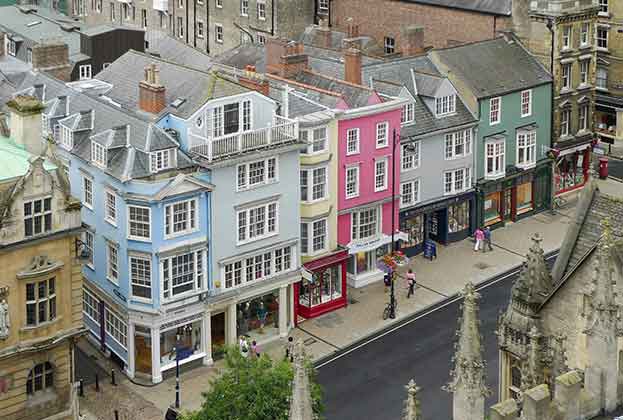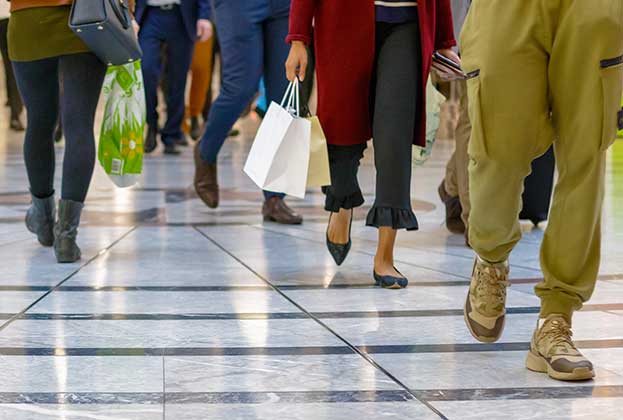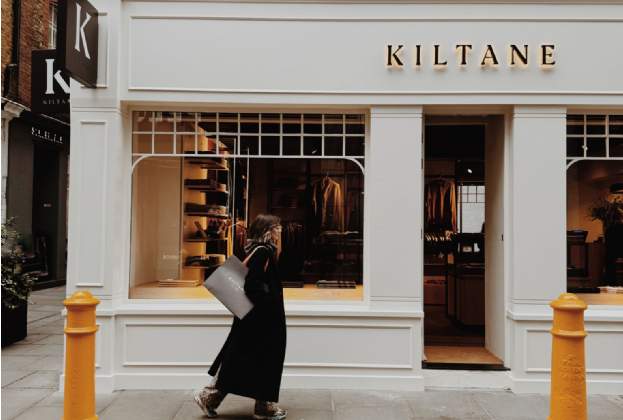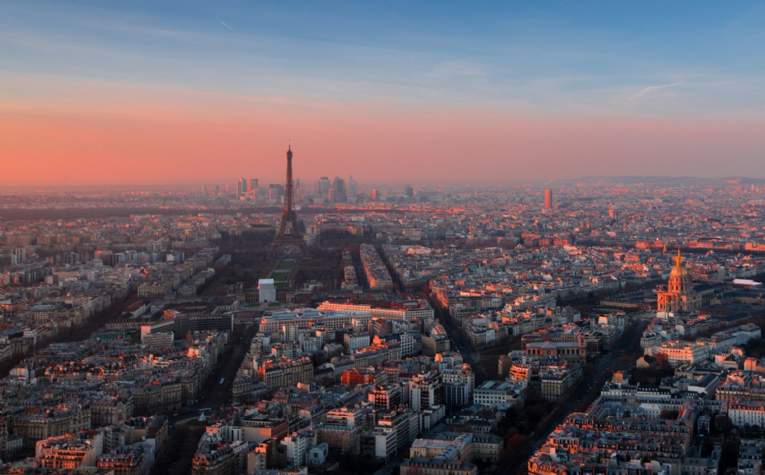From established names such as Louis Vuitton, Cadbury and Kanye West to emerging brands like Blondies Kitchen and Sweetpea & Willow, pop ups are everywhere. Their appeal lies in experimentation and experience, giving brands the chance to trial concepts and locations or test demand for a product before making a longer term commitment. Equally, they give consumers the opportunity to engage with new or online-only brands in real life. A pop up is not just about making money but creates a buzz around a brand and acts as a marketing tool.
King’s Road in Chelsea, largely owned by the Sloane Stanley estate, has a heritage of exclusive boutiques and one-off retailing. Recognising the need to sustain a line-up of premium ‘affordable luxury’ brands with a distinctive experiential offer, while also championing unique retailers and interesting concept stores, the estate was an early pioneer of pop ups. It was one of the first to sign up with Appear Here, the online marketplace that matchmakes brands with short-term retail space, and has created The Concept Store, a revolving pop up space on King's Road, with some tenants going on to take permanent boutiques.
Pop ups recently housed by Sloane Stanley include Brazilian fashion brand Blaiz, fashion boutique Atty London, dairy-free ice cream brand Nana Nice Cream and childrenswear retailer Four Fairies and a Prince.
Pop ups were once associated purely with small-scale start-ups and vacant units, but this is no longer the case. Louis Vuitton's African print-themed pop up in Milan last year, for example, attracted huge attention and, after its incredibly successful collaboration with Supreme, the brand announced five Louis Vuitton x Supreme pop ups in Tokyo, Seoul, London, Beijing and Paris. Other luxury brands embracing the concept include Fendi, which launched a menswear pop on London’s Dover Street in 2017, while Moncler created a ski-themed pop up at Doha Airport.
With pop ups becoming an integral part of the marketing strategy for so many retailers, companies matching occupier requests with available spaces have enjoyed amazing success. One such company is Storefront which, in just three years, has become active in all major global retail cities including London, New York, Paris, Milan, Amsterdam and Hong Kong. It has received requests from more than 80,000 brands, including Karl Lagerfeld, Nike and Google as well as emerging independent brands across different types of commercial spaces including high street retail, shopping centres and showrooms.
Ultimately, pop ups reflect the way people want to shop today, often with an experiential element and a customisable factor making the product unique to them. The sense of urgency created by the ephemeral nature of a pop up also encourages consumers to buy limited edition items before they sell out or the store disappears. With the volume of requests for flexible temporary space rapidly increasing, this isn't a bubble likely to 'pop' any time soon.
Further information
Read more: Savills Retail Open
(2).png)
.jpg)







.jpg)
